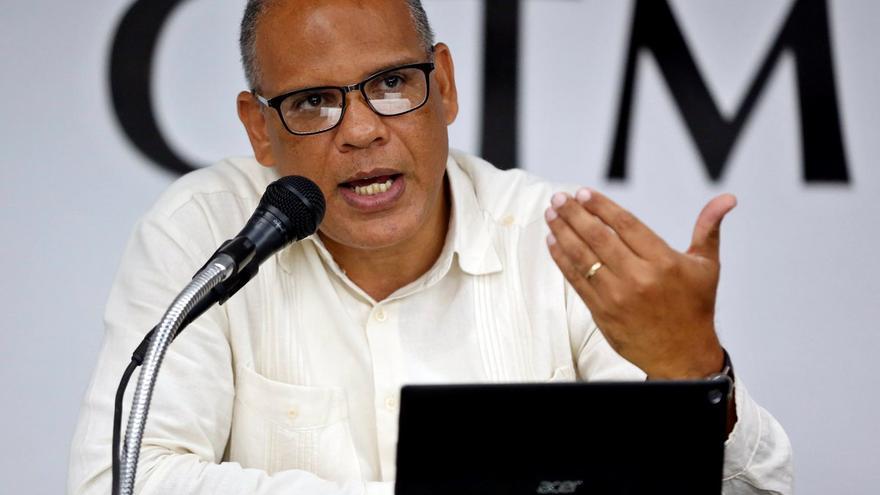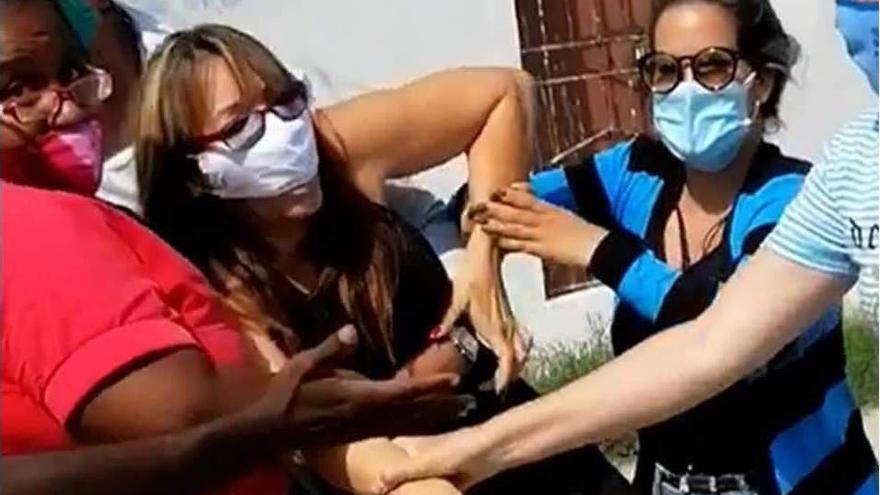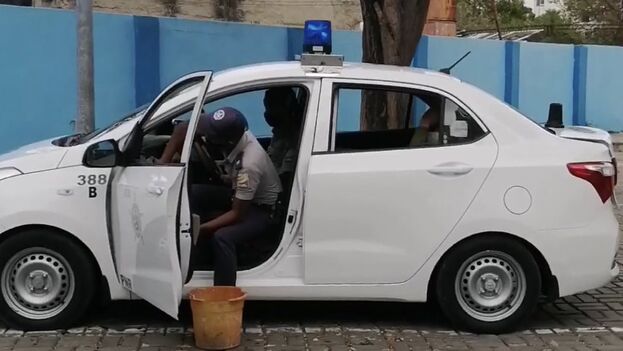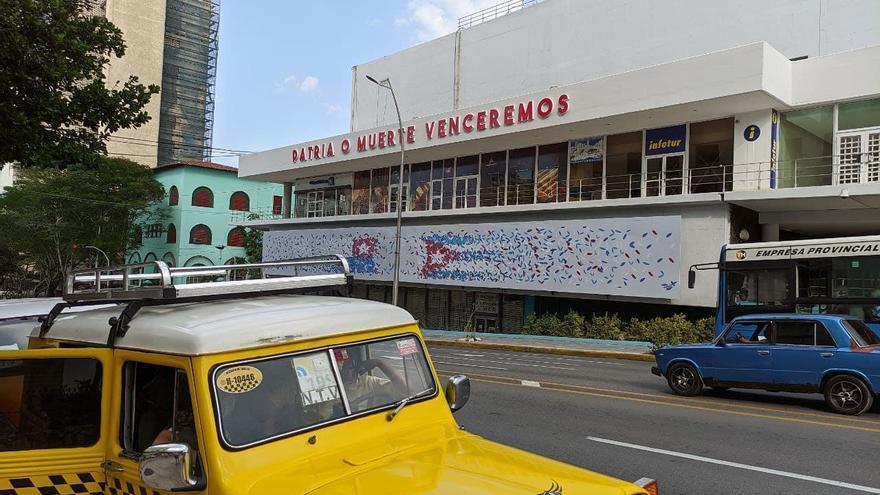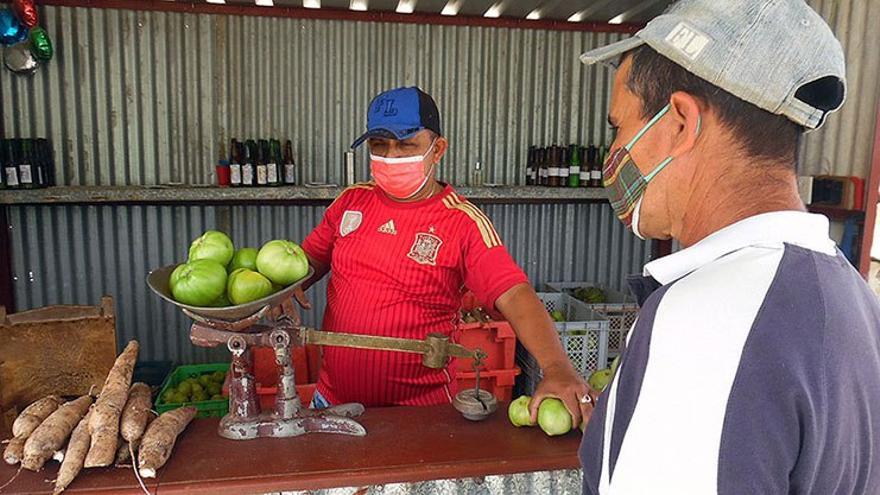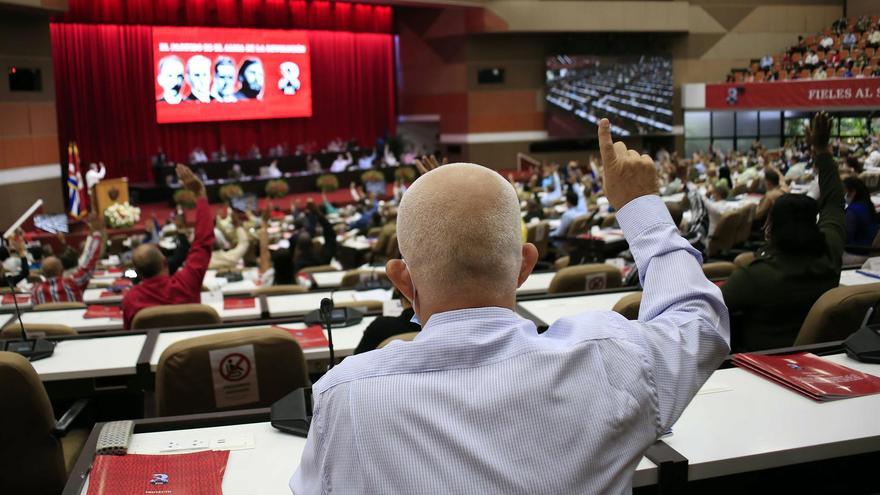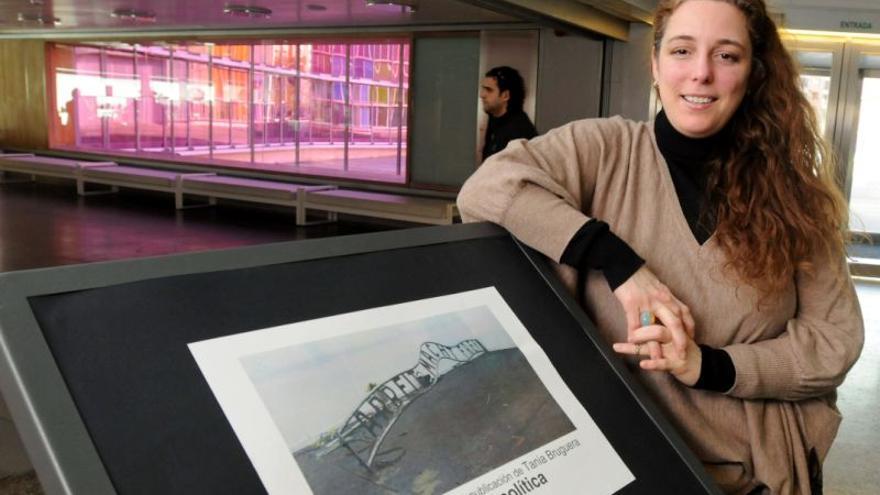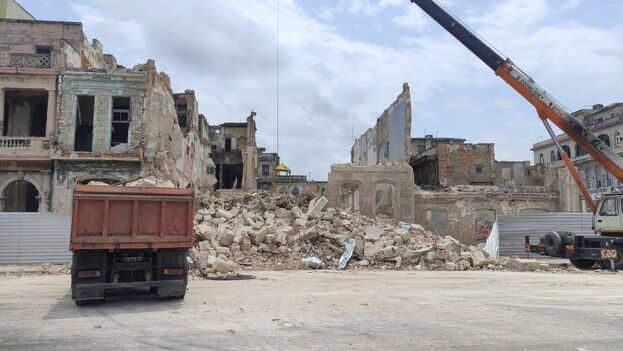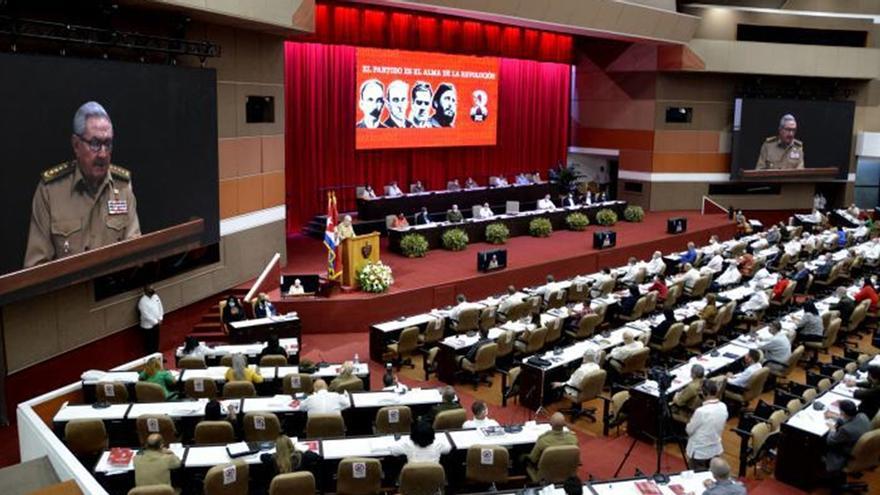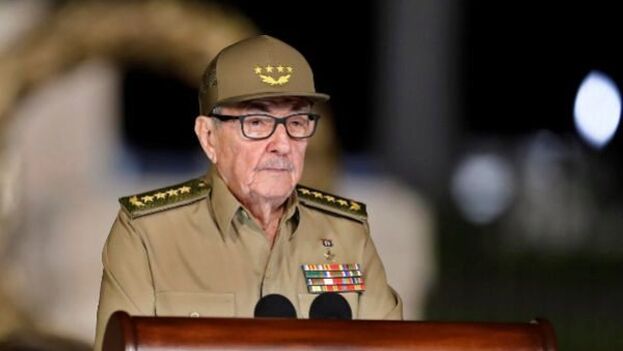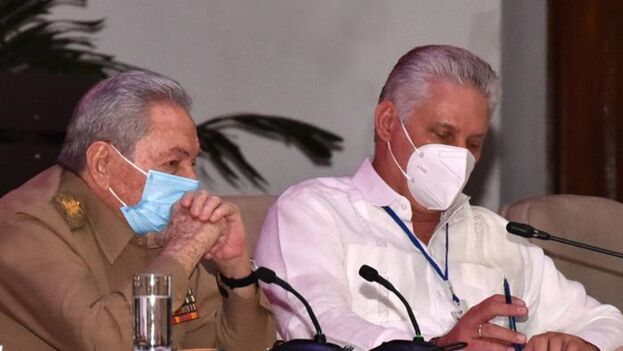Now, that incessant search brought him close to one of the most controversial topics in contemporary Cuban history: the Bay of Pigs invasion in 1961. But in his most recent work, Veritas (2021), Jiménez-Almeida does not try to narrate the details of a battle but rather gives voice to the protagonists of that action, to the part hidden and vilified in the official manuals.
When you live in Cuba and see how reality does not match the story, one always has an attitude, or at least I had it, of mistrusting what they said. It is a process of unlearning what they told you in Cuba and learning new knowledge. I always think that knowledge is what makes us free and knowing about our history is what will help us break down the ideological walls of Castroism. You grow up poisoned by propaganda and you have to make a great effort to first become a normal human being and then become mature enough to understand reality. In this process, my curiosity and my desire to know were fundamental.
Sánchez: You filmed part of the material within Cuba. What risks did you face and what were the satisfactions of that part of the shoot?
Jiménez-Almeida: I filmed in Cuba as I always did, without permission and being myself. The difference is that now I am a person who lives abroad, and although I am still Cuban I have other responsibilities and another worldview. That implies a very great risk because you know that there is a totalitarian dictatorship there and you know what the henchmen of that dictatorship are capable of.
But as a filmmaker, as a documentary filmmaker and as a human being, I felt responsible for being there. It was important for me to go to Playa Girón* [the Bay of Pigs] and take those images. Those were the first images I recorded, because if I hadn’t managed that there would be no documentary. We had some clashes because the lady who was renting us her house got in touch with State Security. The driver who took us noticed and we got out of there as soon as possible. Once I got to Havana, I got on a plane and nothing happened, but it could have happened.
Sánchez: Since the documentary Usufructo, made in the midst of the so-called “Raulist reforms,” and up to the present time, a lot has changed in Cuba and in the work of Eliécer Jiménez-Almeida. How much have both been “transformed”?
Jiménez-Almeida: I made Usufruct in 2010 and it started to become known a year later in the midst of Raúl Castro’s reforms. It is very difficult to establish a parallelism in the process of the transformation of my life and that of the country. While those changes failed like those made by his brother Fidel before, my life has improved tremendously and I think it is because I have always fought and worked for my individual freedom.
It makes me very sad for the Cubans who live on the island because of the conditions in which many of them live. Unfortunately, socialism is a resounding failure. But in Cuba there is neither socialism nor communism, but a mafia family that controls people’s lives at will. I detached myself from all that, I ended up leaving and I have a better life, sometimes very sad because one leaves Cuba, but Cuba does not leave one.
Sánchez: Veritas is garnering applause and headlines in the press. Has it also caused you any problems yet?
Jiménez-Almeida: It is a documentary made in a quiet voice, in a very passive, peaceful voice. It has garnered some applause and it has not caused us any problems and I think it is because of the treatment that is given to the film. We try to achieve a human film, not a political film, distancing ourselves as much as we could on a subject as politicized as this, to get closer to human beings, to their transparency, to their honesty, and I think that Cuba will appreciate that because we are fed up with so much ideology.
The example of these men who were in the Bay of Pigs, their courage, their dignity, their moral example, taking on the freedom of Cuba from such an early moment, I hope it will serve us all to emancipate ourselves and be better people, better Cubans, and at some moment to have a better country. Veritas has no other pretension than to become the story of a historical moment from a very human point of view. That is why we decided to make a film in which only the voice of the protagonists, of these heroes, was present.
Sánchez: How do you see the protests that have occurred in recent months in Cuba from the artistic sector, such as the 27N (27 November) and the San Isidro Movement?
Jiménez-Almeida: The protests that occurred in San Isidro and in front of the Ministry of Culture are a ray of light and I am very proud that these protests come from artists, from people that I know are strongly committed. The commitment of an artist is emotional, sentimental, affective, very different and honest. I am a radical optimist in the case of Cuba and I know that at some point people in the country are going to wake up en masse. It fills me with great optimism that they have the courage to do it from a poor neighborhood, to do it from the deepest asceticism, because when you look inside the house of Luis Manuel Otero Alcántara, there is nothing there. In other words, every image there is of that house flatly proves false the campaigns that the Cuban government carries out against it. I feel like one of them and very excited.
With the song Patria y Vida (Homeland and Life) they turned that little flame into a pretty big fire. I just want them to be persistent, to be patient, to take care of their lives and to teach all of us what a force of will and a moral force it is to rebel against an oppressive system like the Cuban system. Although I am an optimist with experiences and I know that what they are doing is not easy, they are brave people and their commitment is very strong. I am infinitely grateful to them.
Sánchez: Can Veritas be seen in Cuba? Will other historical documentaries come from the hand of Eliécer Jiménez-Almeida? What other passages in Cuban history would you like to make films about?
Jiménez-Almeida: Veritas is made for Cubans, conceived for them. It is a movie that moves me and I am a human being. It is the first of a trilogy that I would like to develop that includes this documentary, a film that will be called Bandidos, about the war in the Escambray, and then I would like to do Prisión, on Cuban political prisoners.
This trilogy would be a dream to do, but I am aware that getting money to make this type of film is very difficult because, unlike what the Cuban government and the official media say over there, over here neither the CIA nor Yankee imperialism has the least interest in anything you do, and you have to go out every day to earn your dollars to pay your rent, car registration, gas, and feed yourself.
I am going to work very hard to make this happen, but I know it is a very difficult road. I love Cuba very much and if we can get to know its history better, we will have a better chance of building a better, inclusive future in which we all have opportunities to be happy.
*Translator’s note: In Cuba the event is called after Playa Girón, a beach on the Bahia de Cochinos (Bay of Pigs); in the United States the event is called after the Bay of Pigs.
____________
COLLABORATE WITH OUR WORK: The 14ymedio team is committed to practicing serious journalism that reflects Cuba’s reality in all its depth. Thank you for joining us on this long journey. We invite you to continue supporting us by becoming a member of 14ymedio now. Together we can continue transforming journalism in Cuba.

![]() 14ymedio, Reinaldo Escobar, Havana, 25 April 2021 — When an event breaks the well-known laws of nature or the dubious laws of history, it is usually described as a miracle. It is not enough that it is inexplicable, it must also have a favorable consequence.
14ymedio, Reinaldo Escobar, Havana, 25 April 2021 — When an event breaks the well-known laws of nature or the dubious laws of history, it is usually described as a miracle. It is not enough that it is inexplicable, it must also have a favorable consequence.
